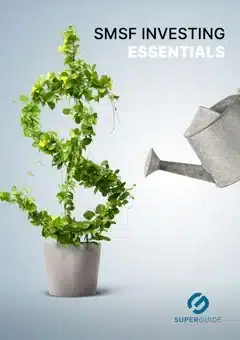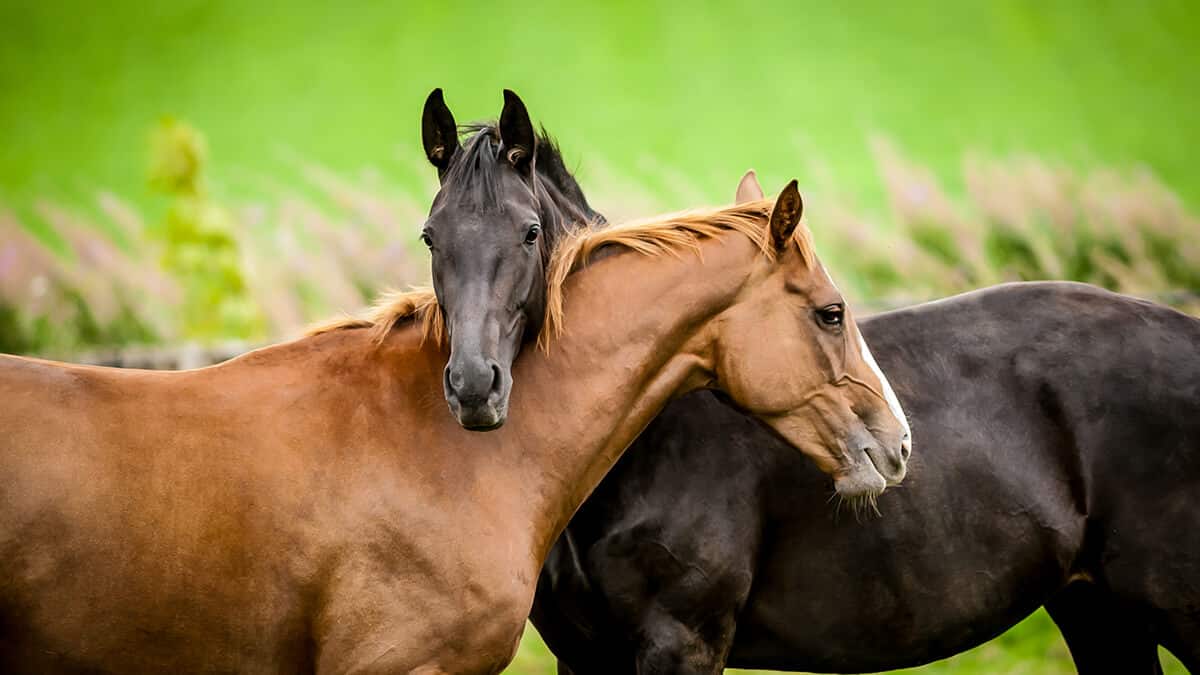In this guide
SMSF trustees are often accused of being unadventurous in their asset allocation, but some are bucking the trend with ‘exotic’ investments in everything from horse semen to vending machines and dividend-paying cows.
Horse semen? Frozen semen from prize-winning stallions is stored and sold off in units to produce promising offspring. SuperConcepts analyst, Phil LaGreca describes it as liquid gold because it is more tradeable than bullion. The quality of the stallion and the scarcity of his semen on the market determine its value.
And yes, some funds do ‘ave em. Frozen semen was one of the top 10 exotic assets unearthed by SuperConcepts in a recent analysis of 2450 SMSFs. We’ve included the top 10 list at the end of this article.
“Like any SMSF it needs to be professionally stored and insured, so these costs need to be factored against any capital growth forecasts,” says LaGreca.
Who’s buying?
Some of the biggest potential users of exotic assets are business owners and farmers.
Farmers often buy dairy cattle as an asset that is leased back to the business to produce milk in what LaGreca describes as the rural equivalent of urban machinery in terms of SMSF investments. Calves can also be bred then sold off and recorded as distributions, like a dividend of the mother who is the original asset.

Free eBook
SMSF investing essentials
Learn the essential facts about the SMSF investment rules, how to create an investment strategy (including templates) and how to give your strategy a healthcheck.
"*" indicates required fields
Another timely example is water rights, which rural property owners can trade with neighbours up and downstream.
The trend towards ethical investments is also showing up in the exotic space. LaGreca says one SMSF had $27,500 invested in two water vending kiosks which sell still or sparkling water and stainless steel bottles. It currently returns 15% a year.
Not all exotics are so fruitful. Some assets such as ATMs and taxi plates, typically purchased for regular income, are rapidly becoming stranded assets. ATMs are being used less as Australians move to cashless payments. And taxi plates can sell for up to $220,000 but their value, originally based on their limited availability, has been undermined by ride sharing services that allow anyone to drive and charge a fare.
When buying physical assets such as machinery or equipment, investors also need to factor in depreciation, running costs, maintenance and potential costs such as damage and theft.
For example, a Tasmanian beauty parlour specialising in hair removal held a $15,000 laser machine as an asset and leased it to their business. The machine broke down, putting a dent in returns.
But there are also success stories. One SMSF leased $134,000 worth of commercial washers and dryers to holiday parks, aged care facilities and motels, for a return of $55,000 income in a single year.
Rewards and responsibilities
Most so-called ‘exotic’ assets fall under the umbrella of in-house assets or collectibles, but while SMSFs are pushing the boundaries of what is deemed an investment asset there are tight limits around how these assets are treated within the fund.
In-house assets such as the laser machine, water vending machines, ATMs, taxi plates and washing machines are typically used by small businesses to generate income. The assets may be loaned or leased to a related party or an investment in a related company or trust.
Manage your SMSF smarter – for free

Access practical, independent guides and checklists to help you run your fund with confidence with a free SuperGuide account.
Find out moreUnder the SIS Act, rules for in-house assets stipulate that the market value of all in-house assets cannot exceed 5% of your fund’s assets. If they exceed 5%, trustees can only lease them to unrelated parties.
Clampdown on collectibles
It’s the area of collectibles (collectables) and personal use assets where the rules have been toughened significantly in recent years, although they dodged the Cooper Review’s recommendation that they be banned from SMSFs.
These are assets where personal attachment can conflict with sound investment judgement. Think artwork, jewellery, classic cars, coins and stamps, wine, boats and rare books.
One instance where the heart may have overruled the head was the case of the 1950 Austin A40 Ute. Valued at just $4000, SuperConcepts questioned whether the money would have been better invested in a blue chip stock paying regular dividends.
Classic cars are sometimes leased out for income in the expectation that they will appreciate. But you can’t take it for a spin or tinker with it on weekends, which may defeat the original reason for owning it.
The overarching rule is they must be bought for genuine investment purposes such as providing income and capital growth. In addition, they can’t be used by members or related parties, they must be stored away from the owner’s home and be insured in the SMSFs name. All sales to related parties must be at market price and assessed by a qualified independent valuer.
The message is clear. Collectibles have their place in SMSFs but there must be a sound investment case.
Top 10 alternative SMSF assets
- Frozen semen
- Commercial laser
- ATM
- Commercial washers and dryers
- Water vending machine
- Water rights
- Commercial sewing machine
- Cattle
- Taxi plate
- Classic Ute
Source: SuperConcepts
Super knowledge is a super power

"*" indicates required fields



Leave a Reply
You must be logged in to post a comment.